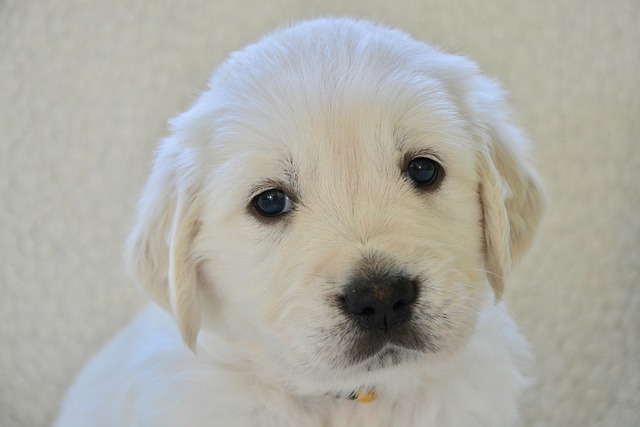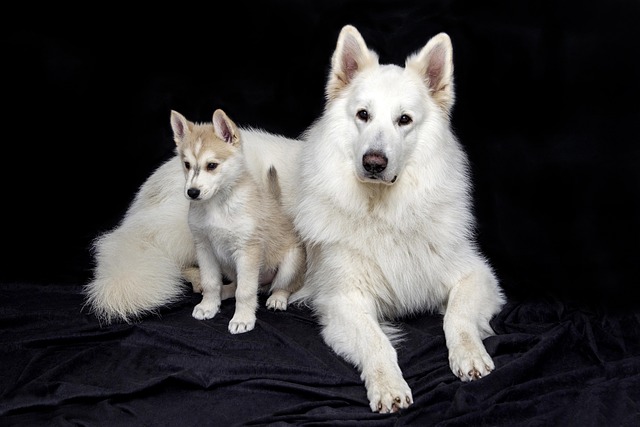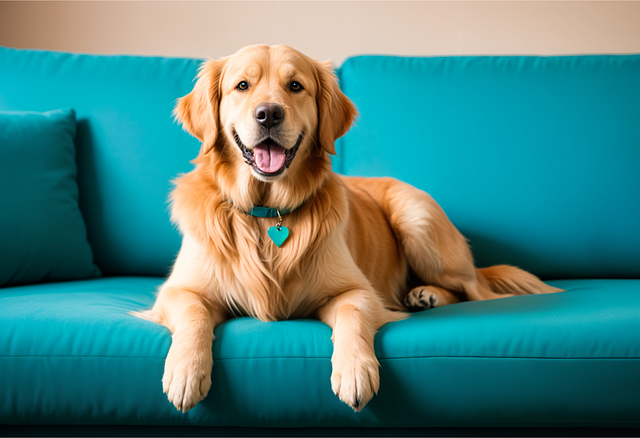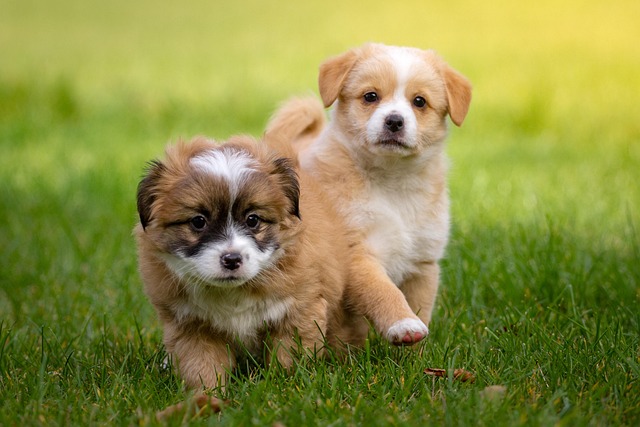
Do you have to fix your dog for agility competitions?
Walk into any local agility trial on a weekend, and you’ll hear the buzz of handlers cheering their dogs over jumps and through tunnels.
I stood in my friend Mia’s New York City apartment kitchen last week, watching her stare at a tied-up dog poop bag on the counter—her 6-month-old Labradoodle, Max, napping nearby. “I always pick up after him on walks, but now what? Leaving it here stinks, but is flushing it okay? What to do with dog poop bags at home without making a mess or breaking rules?” Mia asked, pinching her nose. If you’re a new U.S. dog owner juggling poop bags and small living spaces, the answer is simple: safe disposal boils down to storage, proper disposal, and following local rules—no guesswork required.
To understand why at-home dog poop bag handling matters, let’s break down the basics. Dog feces carries bacteria like E. coli and parasites (think roundworms) that can spread if left unattended. Mia’s building manager explained that even sealed bags leak odor and germs if stored wrong, and flushing non-flushable bags clogs pipes (a $300 repair bill waiting to happen). U.S. cities—from NYC to LA—have strict rules not just for public cleanup, but also at-home disposal: leaving poop bags in hallways or tossing them in recycling gets fines up to $250. Scolding a dog for pooping (like Mia almost did when Max had an accident indoors) violates animal welfare standards—he’s not misbehaving; managing his waste is your job, not his.
Here’s what to do with dog poop bags at home, using Mia’s apartment-friendly routine: First, short-term storage (stop the smell fast). Mia bought a small, lidded odor-proof bin (about the size of a toaster) and kept it under the sink—she tosses tied poop bags in there after walks. For extra stench control, she sprays a little pet-safe deodorizer inside the bin weekly. If you don’t have space, a sealed plastic container in the fridge (yes, really!) works for 1–2 days—Max’s bags never smelled up the kitchen again. Second, final disposal (match your home type). Since Mia lives in an apartment without a yard, she drops the sealed bags in the building’s regular trash (not recycling—plastic bags contaminate it). If you have a yard, avoid burying bags (they don’t decompose fast and harm soil); instead, use a pet-specific compost bin (never mix with vegetable garden compost—parasites survive!). Mia’s cousin in Connecticut uses one, and it turns Max’s waste into safe yard mulch in 3 months. Third, clean up right (germs don’t stop at the bag). After handling poop bags, Mia washes her hands with soap for 20 seconds—her vet stressed this to avoid spreading germs to Max (puppies have weak immune systems). She also wipes the odor-proof bin with disinfectant wipes monthly to kill lingering bacteria. Fourth, indoor accidents? Same rules apply. When Max had a potty mishap on the rug, Mia scooped it into a flushable poop bag (look for “septic-safe” labels) and flushed it—no more counter clutter. She rewarded Max with a freeze-dried chicken treat when he later went outside, turning the mess into a positive training moment.

For apartment living, add these hacks: Keep a roll of poop bags by your front door (so you never forget them on walks) and a small hand sanitizer in your treat pouch for post-pickup. When taking out the trash, carry bags directly to the dumpster—don’t leave them in shared hallways (Mia’s building fines $150 for this). Practice community etiquette: If you see a neighbor struggling with their own poop bags, offer a tip (“I use an odor-proof bin under the sink!”)—new owners love practical advice. Never skip vet visits: Max’s vet updated his rabies vaccine (mandatory nationwide) and reminded Mia that regular deworming reduces parasite risk in his feces, making disposal safer.
Three days later, Mia texted me a photo: her kitchen counter clean, the odor-proof bin tucked neatly under the sink, and Max sitting next to it (waiting for a treat after their walk). What to do with dog poop bags at home? For Mia, it was a small bin and simple rules. For your pup, it’s about staying organized, following local laws, and turning cleanup into part of your routine—no stress, no smell, just responsible pet parenthood.

Walk into any local agility trial on a weekend, and you’ll hear the buzz of handlers cheering their dogs over jumps and through tunnels.

Absolutely! Blueberries are one of the superstar treats in the canine world. These little blue gems are packed with antioxidants, vitamin C, and fiber

You might’ve noticed your pup scratching at their ear more than usual, or caught a whiff of an unpleasant odor when they nuzzle your hand.

I stood in my friend Mia’s New York City apartment kitchen last week, watching her stare at a tied-up dog poop bag on the counter—her 6-month-old Labradoodle, Max, napping nearby.

I sat with my friend Emma in the waiting room of a Miami vet clinic last June, her 2-year-old French Bulldog, Bella, panting so hard her whole body shook—even in the air-conditioned office.

Earwax is a normal part of a dog’s ear health, but too much buildup can lead to discomfort or even infections.